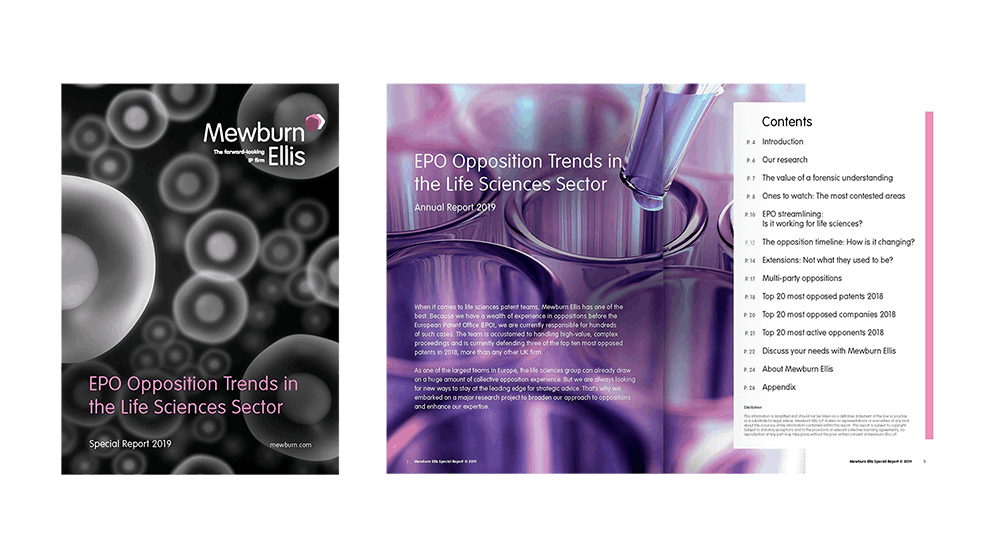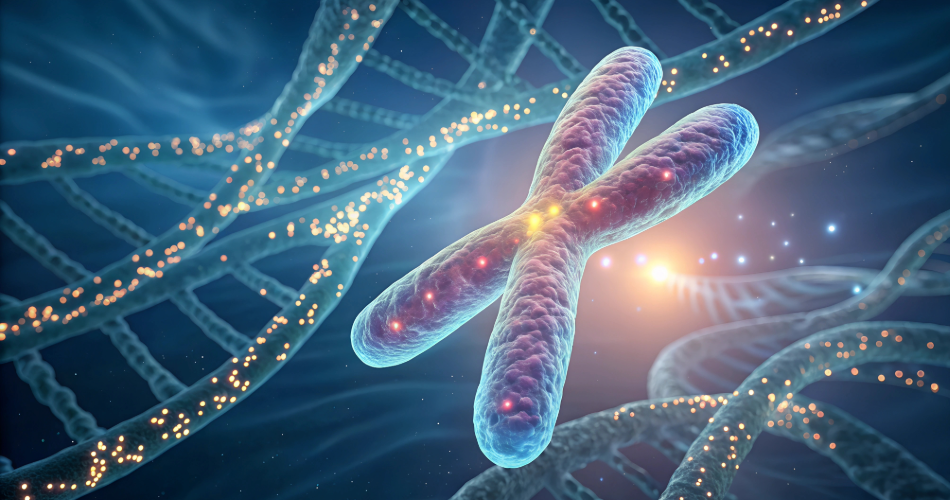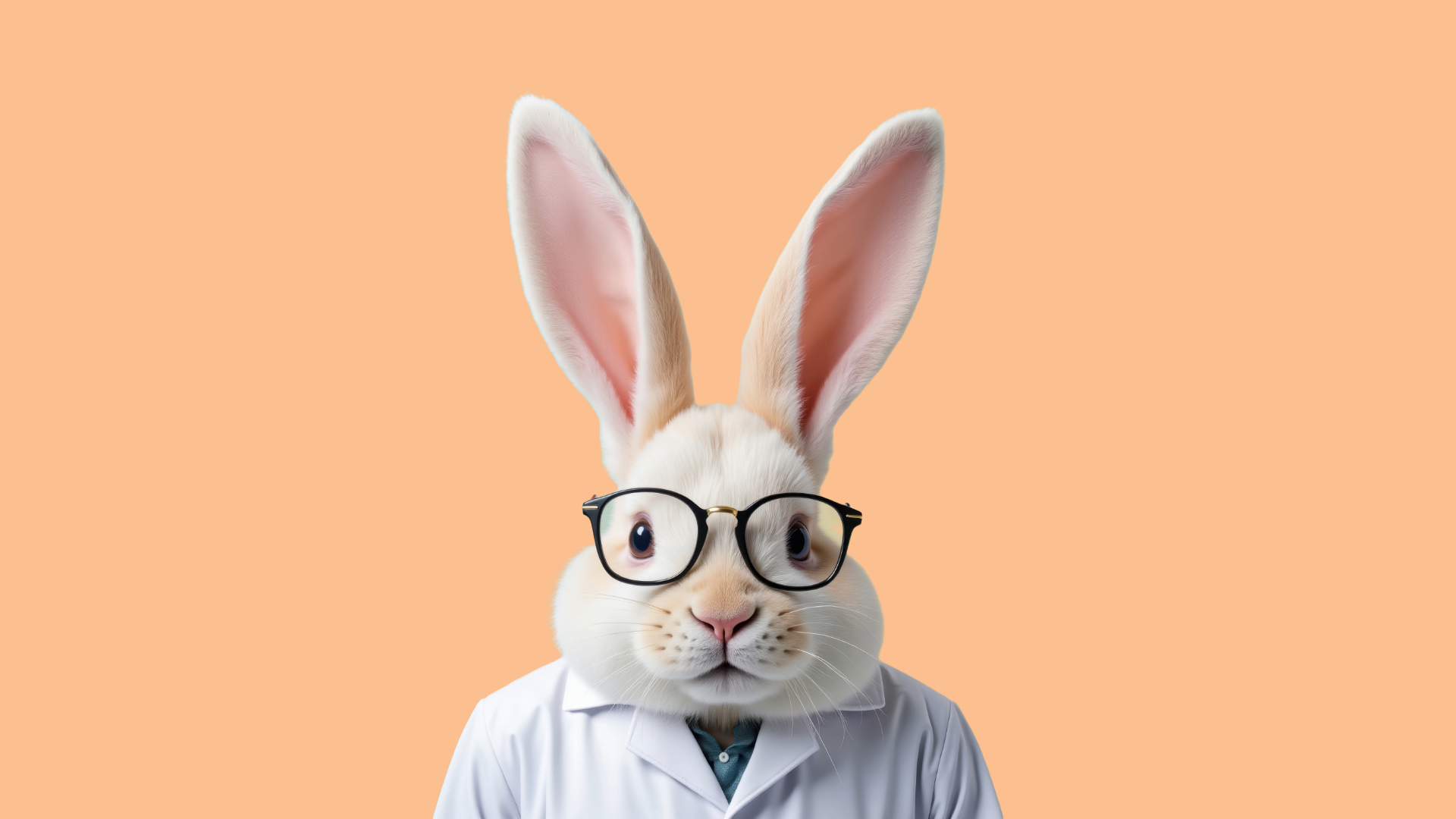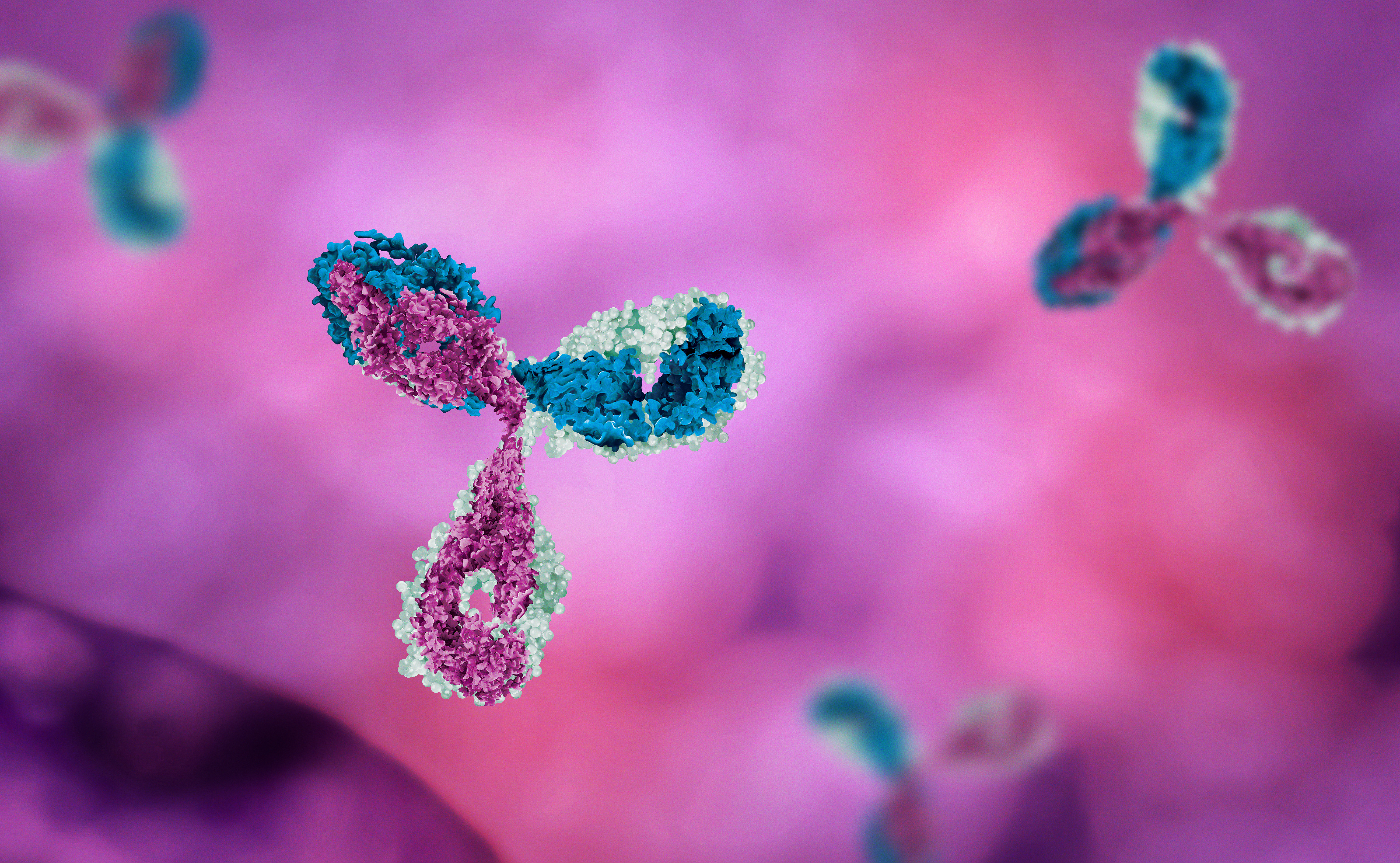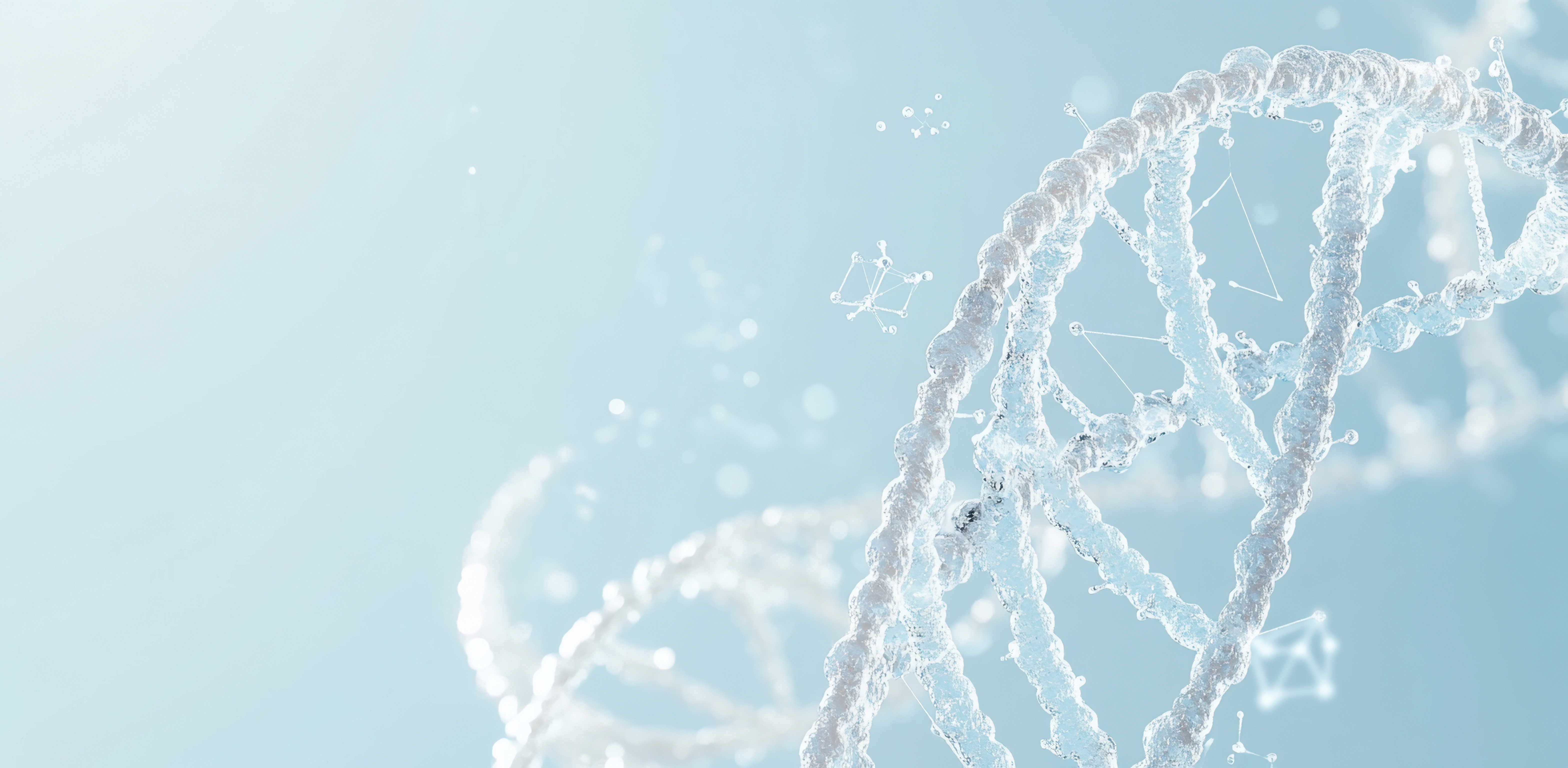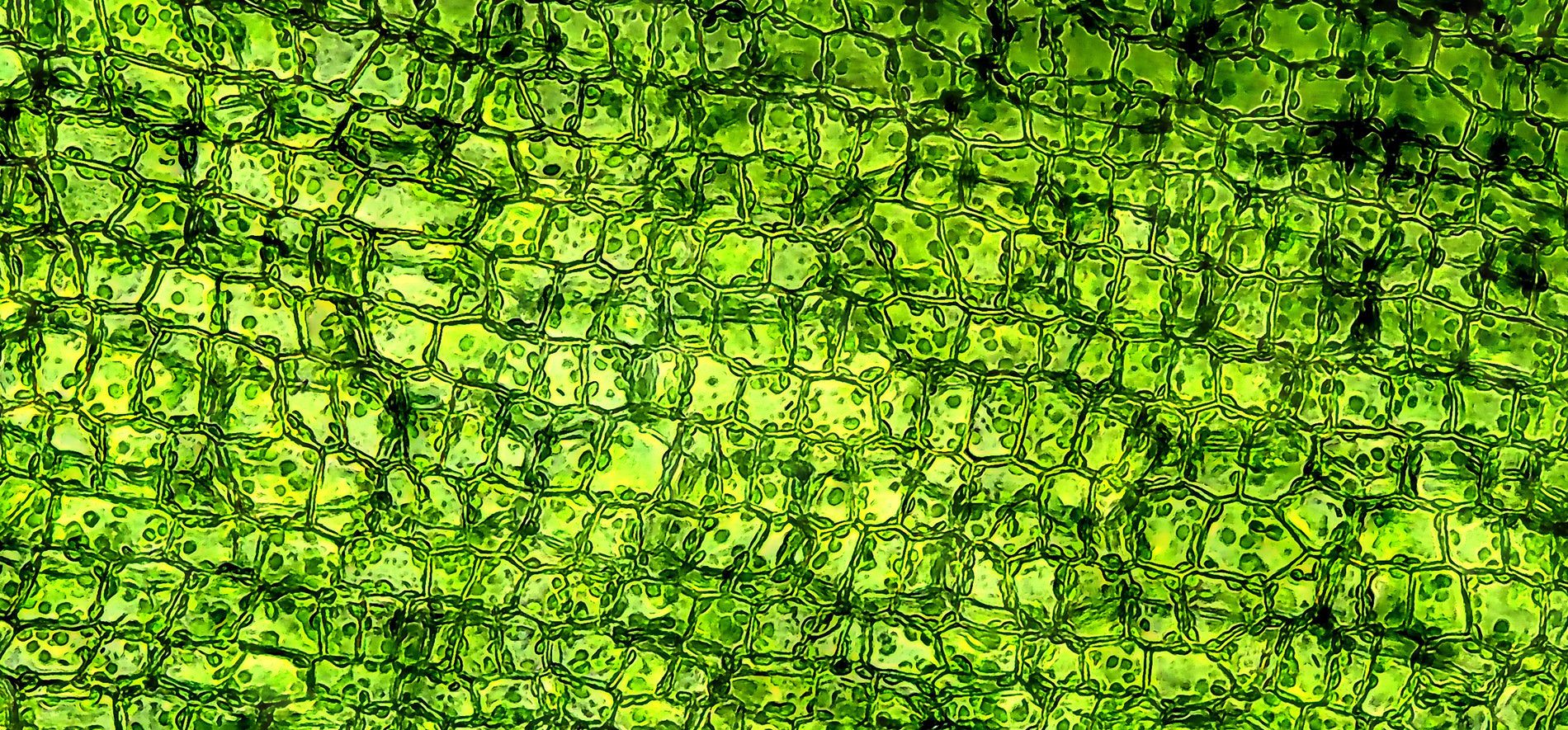An average person contains 30 trillion human cells, but even more microbes – about 39 trillion. In addition, there are possibly ten times that number of viral particles in the human virome. Understanding an individual’s microbiome is becoming increasingly important for diagnosing a broad range of diseases.
Patents that relate to the microbiome often need to be drafted differently from patents covering small molecule drugs or conventional diagnostics. For instance, some inventions lie in a way of affecting or detecting a heterogenous population of microbial cells. The cells could be defined in various ways, such as by their function or by their degree of genetic relatedness to a reference organism. Other inventions lie in a way of assessing the impact of the heterogenous population of microbes on drug metabolism, which might require functional definitions and/or specific assays to be written into the claims.
Applicants for microbiome-based patents need to be aware of legal obstacles in certain jurisdictions that would make certain claims very difficult to obtain. At Mewburn Ellis LLP, our world class training and broad experience makes us an excellent choice to be your creative, trusted advisors in this rapidly developing space.
To find out more, view our spotlight page here.







